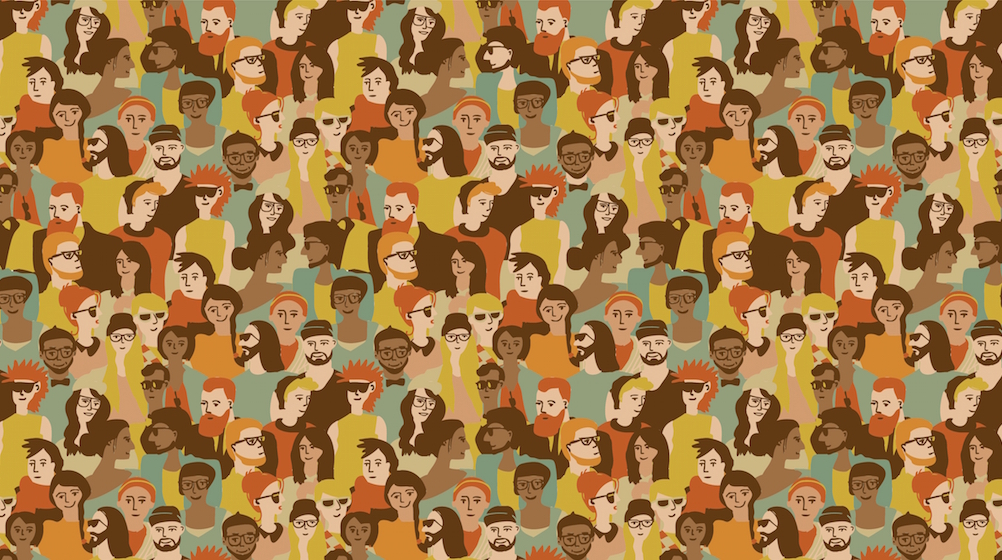KFL4055 Gender and Society presents different ways of understanding and theorizing gendered power structures, practices, and subjectivities in contemporary society. The emphasis is on social theories on gender. We consider how these theories have developed over time, how they differ from one another, as well as the limitations and potentials of different approaches. We will focus on the following strands of thinking: intersectional theories, socialist feminist theories, and theories that focus on the role of affects and emotions in the mutual shaping of society and gendered, classed and racialized selves.
This course will replace KFL4050 Theorising Gender Equality. Whereas this previous course focused mainly on gendered power structures, the new course aims to introduce students to key examples of current modes of theorizing gender and society.
Teaching
The teaching will include a mix of lectures and student activities. The course leader will be Professor Helene Aarseth. Aarseth’s own research interests intersect with the main themes of this course, and include gender relations in neoliberal society, social theory, and theories of affects and emotions.
What will you learn?
The course will give an overview of key analytical tools to understand and analyze the dynamics that drive gendered inequalities, practices and subjectivities in contemporary society. You will be introduced to recent ways of thinking about these topics, and learn to identify and distinguish among different ways of understanding the relationship between gender and society.
You will also learn to identify the strengths and limitations of different approaches and how those approaches relate to the diverse historical and institutional contexts in which they evolved, as well as how their strengths and limitations differ according to the research question.
More broadly, these insights will provide you with enhanced analytic and reflexive skills. You will also be able to use gender perspectives to critically question and develop classical social theories and to apply these gendered perspectives in theoretical discussions and empirical studies.
